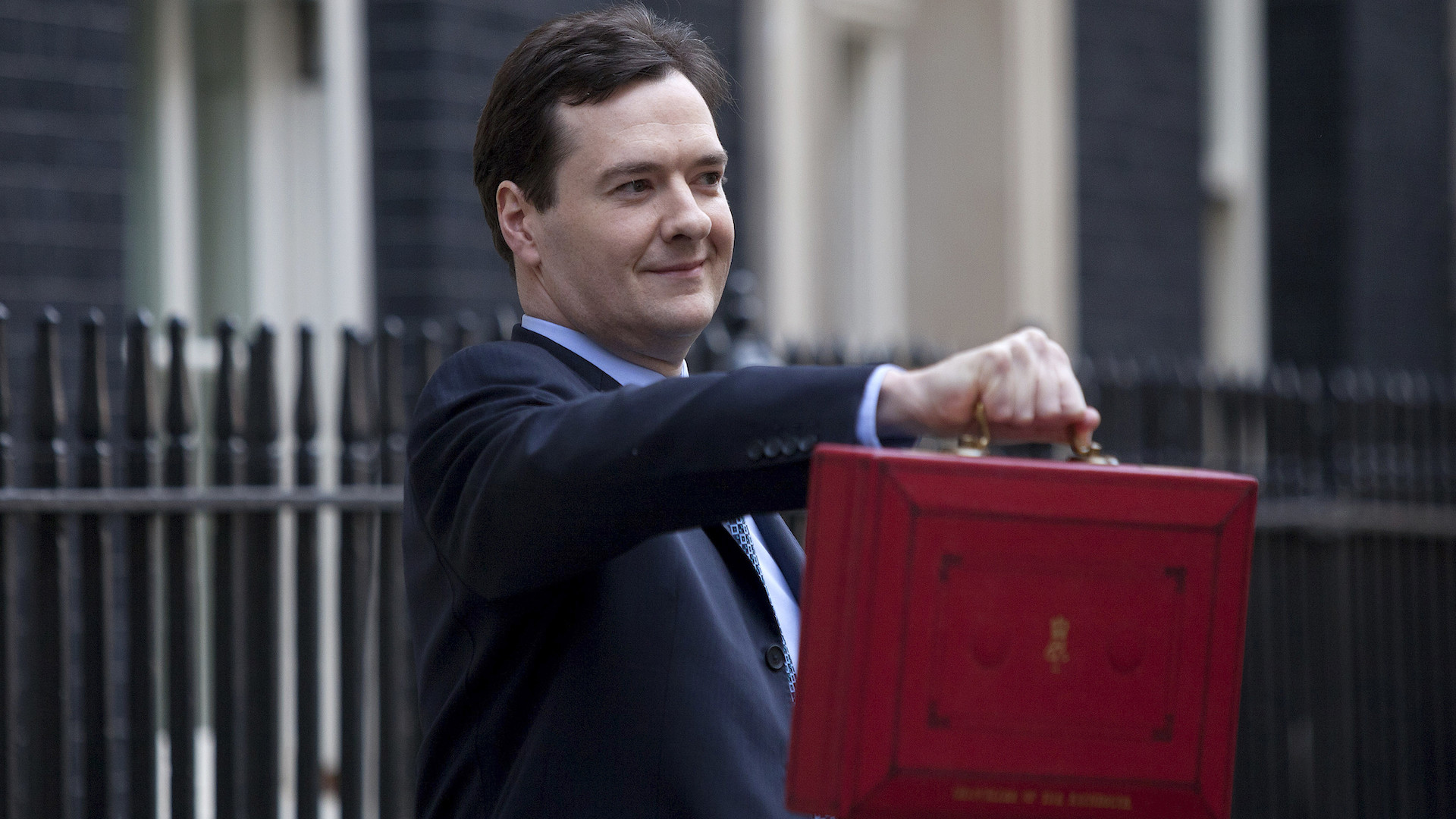Bad news for would-be homebuyers in Scotland: the Holyrood government is scrapping Help To Buy. Bad news for one group, however, doesn’t necessarily mean bad news for society as a whole, and there is an argument that the problem with Help To Buy is not its untimely Scottish end. It’s that the whole thing was misconceived in the first place – and that it would probably be a good thing to scrap it in England, too.
The scheme has offered first-time buyers interest-free loans of up to 15 per cent of their purchase price since 2013, and was expected to run until March 2022. On Monday, however, citing budgets cuts emanating from London, the Scottish government announced it will close on, er, Friday.
Those within a few months of buying are hardly at the sharpest end of the UK’s housing crisis, but nonetheless: it’s likely there are young Scots out there whose plans have just imploded, and that sucks.
Lockdowns have taken income away from hundreds of Big Issue sellers. Support The Big Issue and our vendors by signing up for a subscription.
The equity loan was one of a basket of policies introduced in 2013 to stabilise a wobbling housing market. The Help To Buy ISA, in which the government will boost first time buyers’ savings, is still going; the Help To Buy mortgage guarantee, which does what it says on the tin, was killed off back in 2016.
The purpose of all these schemes, ministers said, was to make it easier for first time buyers to pull together the cash required to buy their first home. In fact, they all had a different purpose: keeping both money and buyers flowing to prevent an economically-damaging loss of confidence in the housing market.









